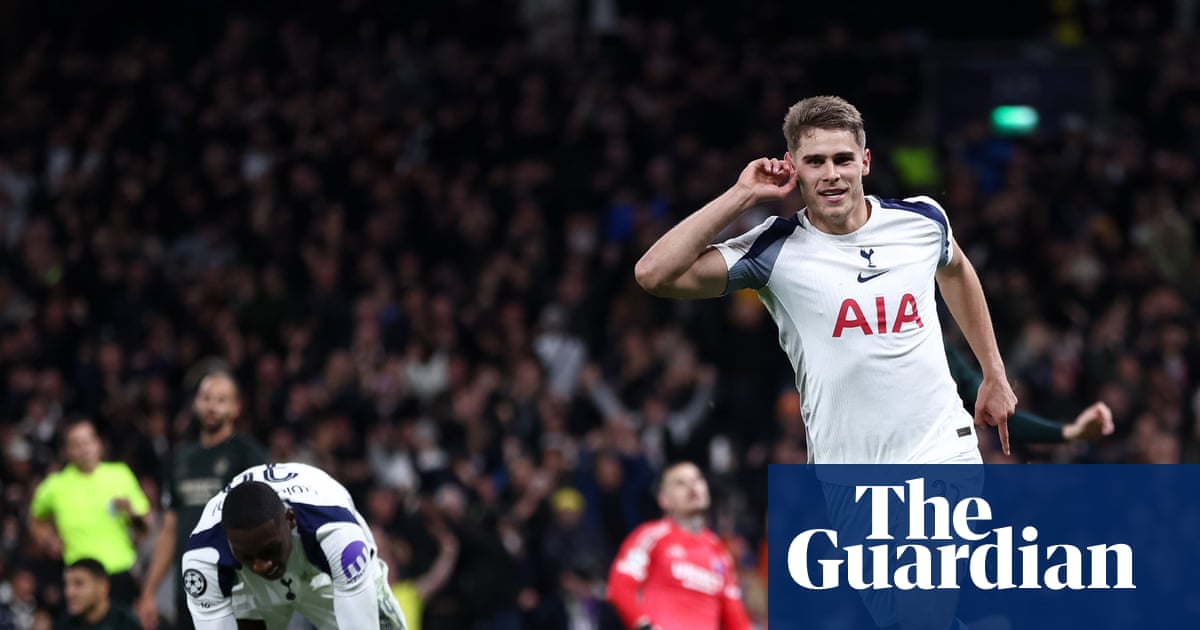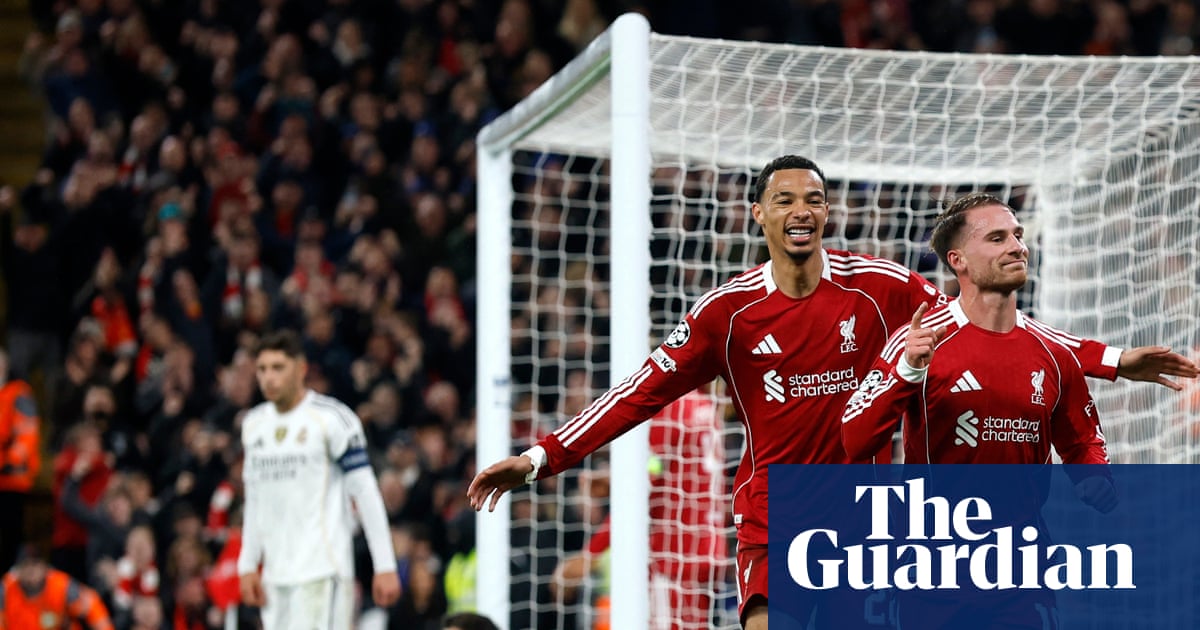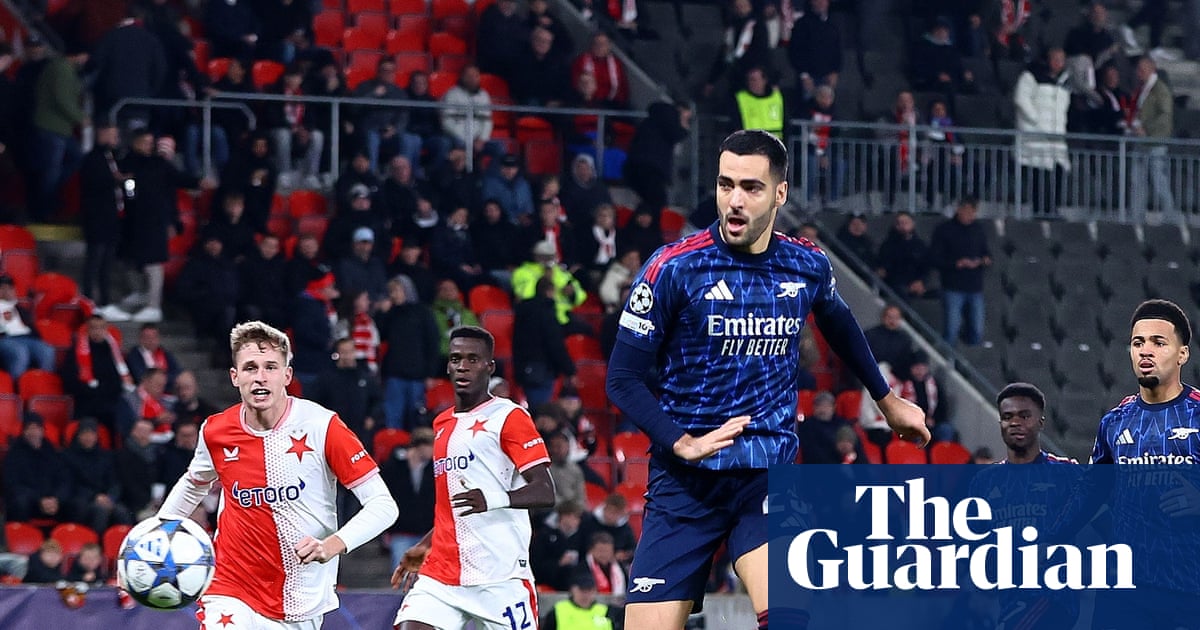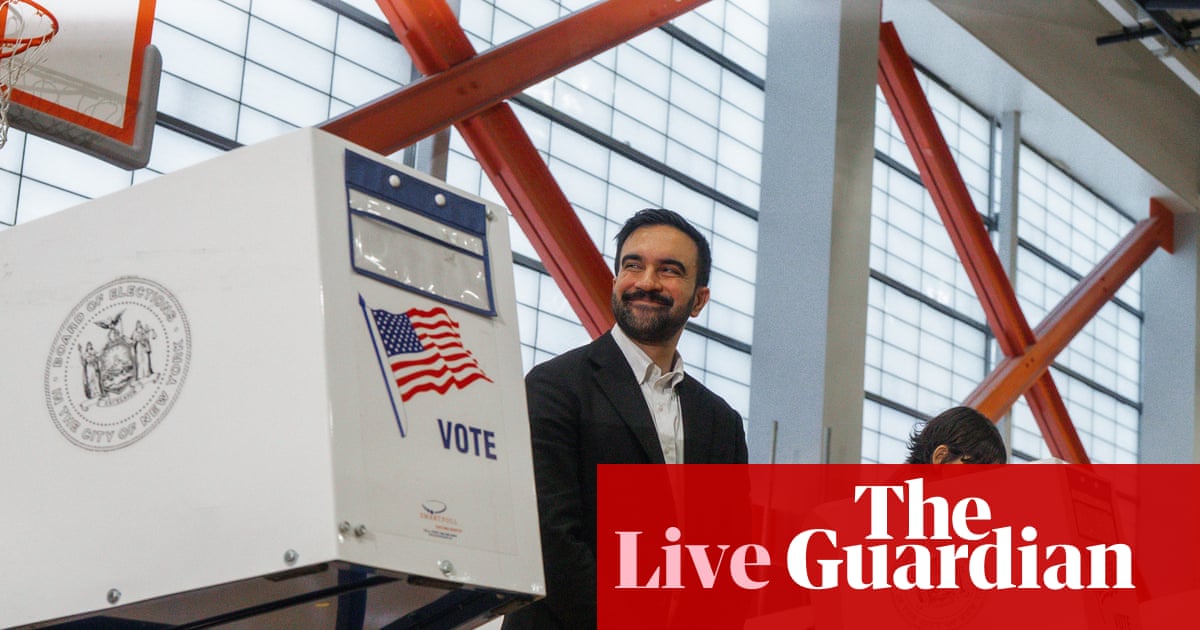In November 1980, I was 13 and making my way to Firhill from East Kilbride alone, arriving at the game to discover there was no manager in the dugout. It seemed very strange but, as I went on my own and was too shy to speak to anyone while I was there, it wasn’t until the next day that I found out via the Sunday Mail that Bertie Auld had resigned and gone to Hibs.
The news was devastating. Bertie was my first manager, in charge for all the years I’d been a supporter, all of them in the Premier League. Now he’d gone and nobody had told me.
I missed the next game but at the one after that I saw Peter Cormack in the dugout. No one had told me about that either. I don’t recall reading the newspapers much when I was 13 and certainly wouldn’t have had a radio with me. I had one of those single-ear headphones that connected to a radio but nothing small enough to carry about with me.
I recalled this story after a recent Thistle home game that was being broadcast on TV. Two or three rows ahead of me, a young couple were watching the very match they were attending on a smartphone. Admittedly, the game was fairly awful, but they seemed to be following the action and commenting on the referee’s decisions to those around them. “Definitely offside.” “Stonewall penalty.” “Should have been a red.”
Of course, there was much harrumphing and hard puffing of pipes all around me as we all thought in unison: “How bizarre.” Why pay to come to the game then ignore the on-field action – the living, breathing existence of a game of football merely metres away?
But it started to make sense. A few necks began to crane and soon everyone around them was shouting over to confirm a decision, ask who was offside or whether Stuart Bannigan should have been sent off. Even those of us who hate change in football, are against everything and secretly would like things to go back to the 1970s, thank you very much. Yes, even we were asking questions.
To this young couple it was perfectly normal for them to be accessing technology while watching the game. It is how we are being conditioned to watch. VAR is the norm for anyone watching the top leagues every week, whether we like to or not. Social media is how clubs deliver their product. The differences between the 13-year-old me from 1980 and any 13-year-old now are vast.
We simply access football in a completely different way. And this is not a “wasn’t football better back then” rant. Such conversations are tedious. I’m not even that interested in discussing how technology has changed the game. Not really. I’m more interested in the ways technology has changed us. How our brains have changed. How our willingness to be patient has changed. How we watch football has changed.
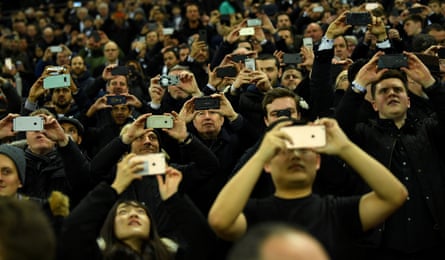
In her recent book The Extinction of Experience, Christine Rosen argues that emerging technologies have personalised our life experiences to such an extent that we no longer need to wait, no longer need to experience anything we don’t like, no longer need to put up with anything which might not fit with our realities.
As football fans, we expect news immediately. We expect access to games without complication, with tickets on our phones. But Rosen argues that these modern conveniences carry a hidden cost: as we grow less used to waiting, our brains stop recognising why patience matters. And that makes us angry and impatient.
Like every new technology that has sped up our daily life – transport, telephones, domestic appliances – the internet, and especially the smartphone, have changed our expectation of time and the value we have placed on it. Not too far back in history, travelling to away games was a challenge, with patience required for the long cross-country journeys. But better roads, trains and buses now mean that legions of fans can travel from all over the country to Ibrox or Parkhead rather than watch their local teams. It’s so much easier and quicker now. And better.
Before this, when travel was a rarity and a chore, teams like East Fife and Cowdenbeath, Queen of the South and others had attendances of over 20,000. Travelling to other grounds was hard. So, you stayed and watched your local team. It wasn’t that you required patience. There was no alternative.
However, when we, for some reason, can’t access the things we want in the way we choose, we get angry and frustrated and look for other things to occupy us. Our impulsive reactions to football show us that patience is often all but forgotten. And we experience that impatience nowhere more than during transfer windows: “January third and still no signings? Typical. Announce Messi, announce anyone at all.”
We might see the questioning of a manager’s future on social media following a loss, sometimes even mid-game. “How can he survive this?” Our Tourette’s-like pronouncements neither reflect well on us or add much to the situation. That we call for anyone to lose their job is an anomaly for a sport proclaiming to be the working-class game.
Like most areas of our lives, we don’t like to wait to get what we want. Today, if you have the money, you can buy your way out of waiting in a queue. Why would football be any different? We have been conditioned to get what we want and get it now.
What troubles me about the changes in our experience of football is not the things that no longer exist. That would be a tedious and fruitless exercise. More importantly it’s about what we’ve lost in ourselves.
The ease of ticket buying through apps like Fanbase is, of course, a joy. I have my season ticket on my phone but, if I had the urge to travel away on any given weekend, I can purchase a ticket with a couple of clicks. On the other hand, I miss the banter at the turnstiles, the hellos and the welcomes from your club that begin your experience of the game. The everyday interaction with other human beings; the human touch that makes us all better people; the necessity of looking someone in the eye and asking about their day. We don’t want to do that anymore because we don’t need to. And that’s a little bit sad.
For some, football can be a place to feel a part of something bigger. It can provide comfort and friendship, camaraderie and hope. That we can buy our tickets, our programmes remotely might make things easier, but they detract from our human experience.
Our smartphones provide updates from other games with an immediacy that seems unreal. Mutterings of an equaliser at Cappielow spread as quickly as the goal goes in. That young couple checking out offside decisions on their phone might seem strange to old duffers like me, but they’re providing an information service that many might not be tuned into. And what’s wrong with that? While watching social media clips of the “young team” enjoying the playoff atmosphere last season it momentarily slipped my mind that I was at that game too. I don’t remember enjoying it as much.
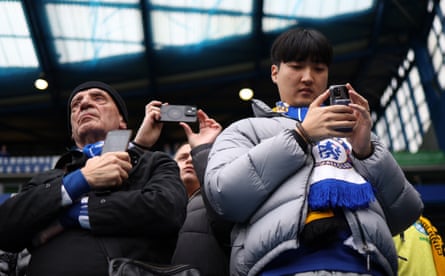
We often come to accept mediated ways of “being there” but not really being there. Being entertained by distractions in the crowd is a by-product of an overactive social media brain. Football can be filled with long periods of little action and our brains often can’t cope with that. The worry is when we prefer those mediated experiences to experiencing what is in front of us. That is, for me, when we lose the true nature of being a football fan. The eyes on the pitch, the search for detail. The imperfections.
I’ve written before for Nutmeg, arguing that 90% of all live sport is instantly forgettable. It is the other 10% that keeps us coming back, keeps us talking, keeps us loving it. So, might boredom be a necessary element of experience? Boredom: that thing with which we must not engage? Football is a game with which we must be patient at times. We must pay attention to tactics, watch closely then wait again. Then, and only then, can we appreciate those memorable, often startling, moments which make everything else worthwhile.
Where we begin a season ever hopeful, we should be willing to go with whatever happens, to see where things pan out, allowing that season to go in whatever direction it will go. To wait and endure a bad start because it may get better after October. Or a slow burning season with a good run from February, understanding that it is all out of our control and we should just go with it.

We might gnash our teeth in defeat, yet we still pick ourselves up and look ahead to next week. Last Saturday is consigned to history in an instant. And in that spirit, we give our managers room to err and our players time to weather a dip in form, accepting it all as part of a long season – simply part of the process.
We must embrace technology; it’s not like we have much of a choice. But it might be nice if, for a couple of hours, we could look up a bit more, noticing the details, saying hello to a few people and engaging with them. It’s only then that we discover the unique and the memorable. It’s only then that we become true fans.
This is an article by Kenny Pieper for Nutmeg magazine

 1 month ago
52
1 month ago
52
